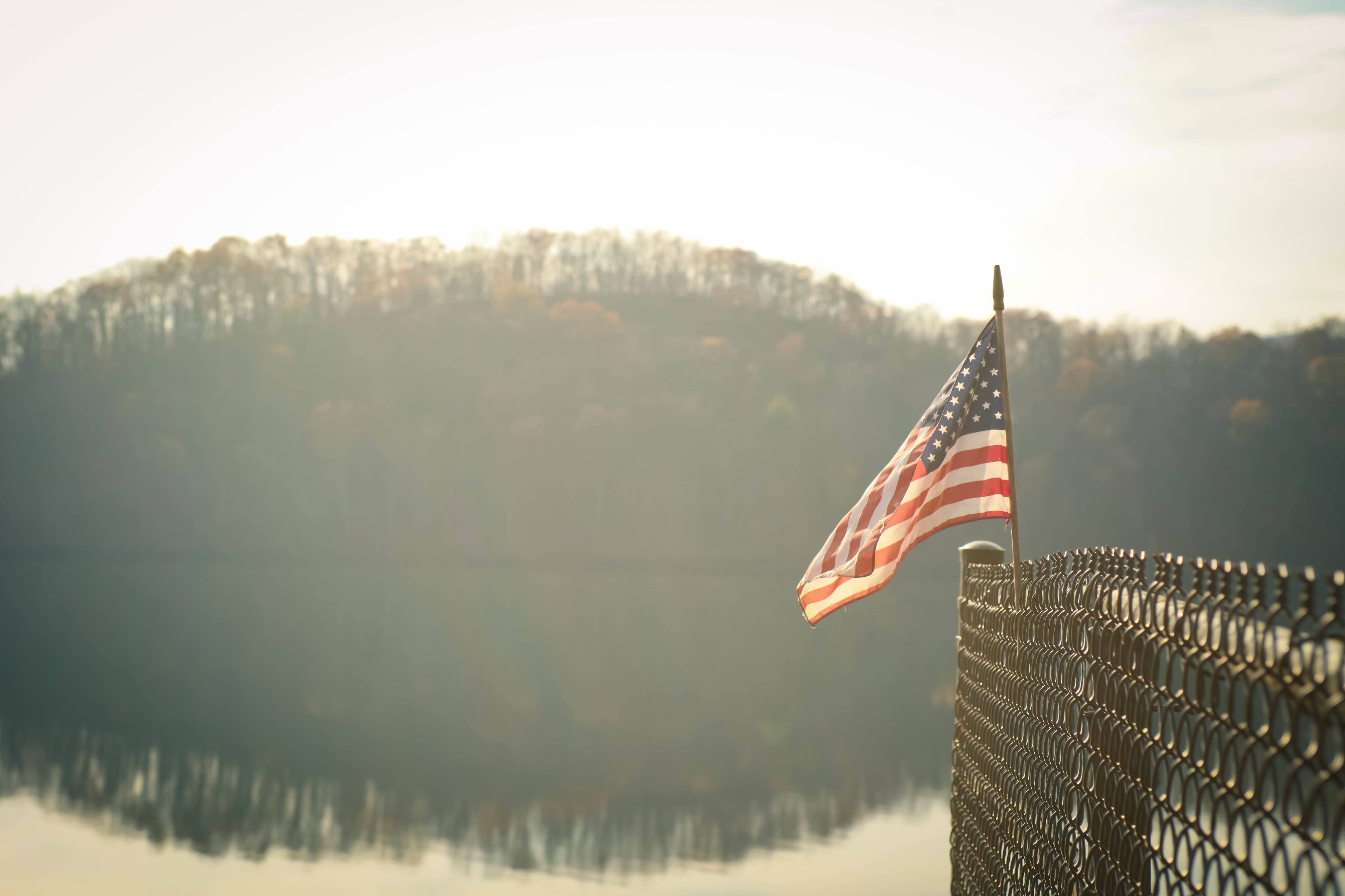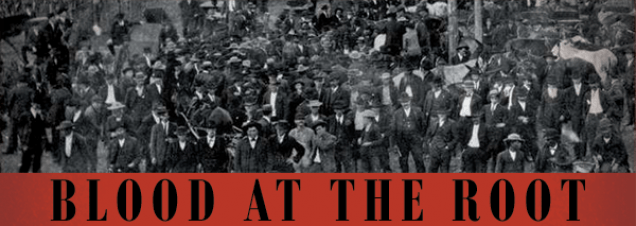My hands are shaking and I want to cry as I hang up on my second phone call to a Congressman. I thought this would feel empowering, but it doesn’t. I feel like I am watching a child ask an adult for something they don’t realize is absurd. When I have said my paragraph there is a silence, as if the aide on the other end doesn’t have people call and read scripts at him all the time, and he says something noncommital on Senator Scott’s behalf. “And just to clarify… You’re saying you want more Syrian refugees to come here?”
YES, YES, I want to scream, though I am still shaking and I know screaming is not politically expedient. Send them, send them to South Carolina, send them to my apartment complex. What am I supposed to imagine when I think of “Syrian refugees”? I think of people, mostly women and children, who never asked to flee their homes. People who have undergone two years’ worth of screening, paperwork, background checks, and health exams. People barely subsisting in a dangerous purgatory, a refugee camp, living on rice and the hope that they will be allowed, someday, simply to carry on again outside these fences. How could I not want my government to honor its commitment to the rest of the world by offering them relief?
It occurs to me, as I sit here feeling small with my phone in my hand, that the reasons the President has offered for turning our backs on them are all based in fear. I think of how easily he thinks he can gain power by making us afraid. I remember that the United States defense budget accounts for 36 percent of all the military spending in the world. I wonder that such an organization, unprecedented in the history of the world, could be afraid of those dusty women and children.
I refuse to be afraid. I dial the White House.
We are supposed to think that we have to balance compassion against prosperity and security, but research shows that compassion—bringing in more refugees—makes us more prosperous and more secure.
Still, for some people, that is not the issue in the end. To some people, the simple fact that things are changing in this world means we are less prosperous and less secure. If the country becomes less homogeneous, they sense, their own culture and worldview could lose something. I wonder again: if this worldview is so great, what could it have to lose from coming into contact with others? But I will not try to talk anyone out of their fears. Often in my life I have been afraid without warrant, and a scolding would hardly have loosened the grip of that fight-or-flight impulse on me.
Many times in my life, though, I have been afraid, and I have thought of all the souls whom we remember, not for their fearlessness, but for their faithfulness to something greater. Do we not honor the signatures of shaking hands on that Declaration of treason? Was fear not a constant companion to those who smuggled slaves North or those who hid Jews? Have the soldiers in our country’s wars not renewed their choices every day they woke up: honor and brotherhood over fright? I could go on, of course. All the stories that most transfix us involve some scene of mortal danger, and it is because we can imagine the hero’s fear that we so admire their headlong tilt into peril. So I have tried, in my little life, to gather my fears up close and march into action anyhow: to speak up for truth and justice. To give more than seems reasonable. To welcome the stranger. Because doing the right thing is what’s most important, regardless of the consequences. Because I was afraid does not excuse me from a reckoning over what I have done and not done.
In other words, when we ignore a humanitarian crisis because people with brown skin and strange customs make us uneasy, we betray everything I was taught to hold sacred.
A temptation similar to cowardice: despair. I want to give up on these phone calls for the same reason I have never made them before: they seem so small and the government so big, I might as well go throw penny-wishes in a fountain as talk to these bored staffers. But that is a childish and self-centered view of democracy. These things can only add up one call at a time; the one who turns the tide will never know.
The truth is, I’ve always been exhausted by politics. I would say things like, I know the time will come when I have to become a responsible citizen, but at this point I haven’t gotten around to it. I’d see nods all around.
Friends, the time is now. We must bravely and hopefully do the unglamorous work of picking up our phones to do something besides watch history scroll by. Responsible citizenship means calling our representatives to account for the lives we are losing—one citizen at a time, until the tide turns. If we don’t commit to activism, we can’t blame others for these things.
The calls will get easier. Life in refugee camps won’t.
My dearest friend, who knows and loves many refugees in New Haven, Connecticut, is working on a campaign to call U.S. government representatives on behalf of 60,000 refugees. These people have been vetted for entry into the U.S. this year but are suddenly being excluded by President Trump’s most recent executive order slashing our refugee quota from 110,000 to 50,000. This is not a fanciful request by bleeding hearts; it is a conviction that our nation should keep a promise made to the refugees and to the nations of the world, that we would accept 110,000 refugees this year after welcoming 85,000 last year.
If you believe that part of what makes our country great is welcoming the tired, the poor, the huddled masses yearning to be free; ask your Senators and your representative whether they also stand by the commitment we made. Call the President, too. Here is your script. And if you could, let me know how many calls you made, so we can track our goal of 60,000 calls before Friday?
Many thanks, you wonderful fear-smushing justice-mongers. I believe so strongly it is these small things that make us who we are. It is these small things that could make our nation what it wants to be.
You can also report your calls directly here, and learn more about the campaign here.

 Dear United States of America,
Dear United States of America,